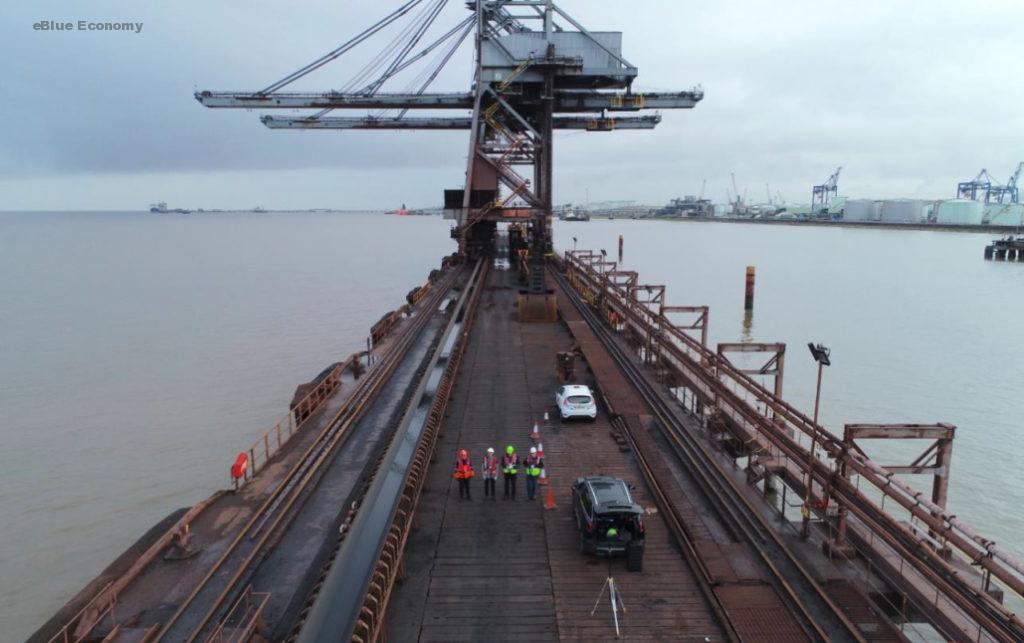ABP appoints new Head of Commercial for Southampton
Associated British Ports (ABP) announces the appointment of Paul Reeves as ABP’s new Head of Commercial for the Southampton region. “This key role will be essential to supporting our existing customers and driving further growth”, says ABP.
Paul is currently the Vice President of Sales for the UK & Ireland at Wallenius Wilhelmsen (WW). Over his 21 years with the company he has been responsible for all commercial activity including corporate and key accounts and operational delivery for Automotive, Bulk Project Cargo and High and Heavy business streams. He brings significant expertise in the wider shipping industry and Vehicle Logistics to this important role at an exciting time for the UK’s number one vehicle handling and export port.

Alastair Welch, ABP’s Regional Director for Southampton said: “As we start to emerge from COVID restrictions, this a period of opportunity for ABP and the Southampton region. We have cruise restarting, the recent Freeport announcement and ambitious growth plans. ABP is very well placed to support the local and national economy by continuing to develop strong relationships with both our existing and new potential customers. We are delighted that Paul has chosen to join ABP and lead this part of our growth strategy.”
On another side that ABS is part of a joint development project (JDP) with the Mærsk McKinney Møller Center for Zero Carbon Shipping and leading global players in the marine and offshore industries to assess the technical, financial and environmental potential of converting existing vessels to zero-carbon fuels and technology.
Together with JDP partners A.P. Moller – Maersk, MAN Energy Solutions, Mitsubishi NYK, Seaspan and Total, ABS and the Center will assess conversion options and de-risk asset investments by analyzing the emission reduction potential as well as the techno-economic opportunity of converting vessels currently fueled by fossil-based fuels to zero- or neutral-carbon fuel solutions.
The project will also identify a number of technical modifications of relevance for today’s new buildings to reduce the cost of future conversions, thus minimizing the associated financial risk for shipowners. The project partners will address various vessel types including containers, tankers and bulk carriers and their potential conversion from fuel oil, LNG and LPG to future solutions such as ammonia or methanol.
The financial assessment will cover items such as conversion-, technology- and fuel costs as well as associated operating costs, whereas the environment assessment will, among other things, cover the greenhouse gas reduction potential over the lifetime of a vessel.
The project is informed by the ABS Guide for Gas and Other Low-Flashpoint Fuel Ready Vessels, which introduced an Alternative Fuel Ready program for the marine industry, identifying all technical issues that must be considered in development of low- and zero-carbon fuel designs.















